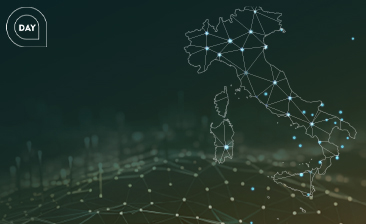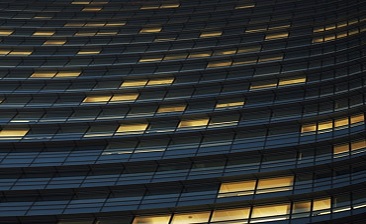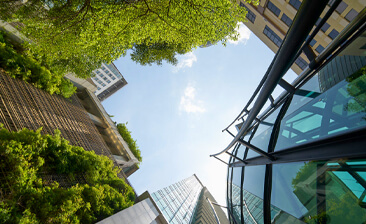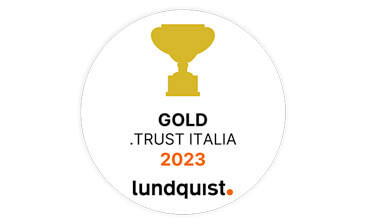
Acea for World Energy Saving Day
REMSI rules come into effect, compulsory reminder and formal notice.
Only customers who have a water bonus will not have their water cut off.
Starting on 1 January 2020, the new rules set by Arera (the water service Supervisory Authority) will come into effect all over Italy. The rules regulate the actions providers can take against customers who do not pay their water bills.
Here we provide an overview of the rules that apply to individual customers, as opposed to condominiums, which are subject to different rules. With regard to condominiums, Arera has invited local authorities to give instructions to providers in order to have one meter and one contract for each home, instead of a single meter for an entire condominium of flats. Additionally, the Authority has started a research to monitor the situation regarding condominiums.
The new rules are set in a resolution by Arera (311/2019/R/idr) about “Regulating Arrearage in the Integrated Water Service (REMSI)”, which introduces the concepts of “limiting” and “suspending” the service: “limiting” refers to reducing the water supply, only guaranteeing the “minimum necessary” fixed by the law at 50 liters/day/occupant, and applies only to resident domestic customers; “suspending” refers to interrupting the water supply, without canceling the contract or removing the meter.
There are two categories of customers whose supply cannot be interrupted: public entities (hospitals, schools, military bases, police stations, etc.) and direct (not condominiums) resident domestic customers who have obtained a “Water Bonus” (so called vulnerable users). However: the latter may not have their supply “suspended” or “deactivated” but they can have it “limited”, i.e. reduced.
All other resident domestic customers, who do not have a “Water Bonus”, at first may see their water supply “limited” (when technically possible), then, after 25 days, their water supply may be “suspended” (the water flow is interrupted and sealed). If as a result of these measures customers tamper with the water network or remove the seals, their supply will be deactivated. Customers may have their water supply deactivated also for prior arrearage.
The other categories of customers (commercial, artisanal, agricultural, etc.) can also be “suspended” and “limited”.
The procedures are quite complex and specific and very detailed for the different categories: non-domestic customers, resident and non-resident domestic customers and customers with Water Bonus.
REMSI rules establish that 10 calendar days after the bill payment was due, the provider must send the customer a “reminder” with information on how to pay and on the consequences of not paying; no sooner than 25 calendar days after the payment was due, if a reminder has been sent at least 15 days earlier, the provider may send the customer a “formal notice” via certified email or recorded mail, specifying the date on which the water supply may be limited (if technically possible), suspended or deactivated. If applicable, the provider preemptively will take the deposit, which will have to be paid again.
Customers who have received a “reminder” or “formal notice” and more in general customers whose bill is 80% higher than the average annual consumption of the last 12 months, may request to pay in installments.
The cost of sending the reminder and/or the formal notice as well as the late-payment interests will be debited to the customer. Customers who do not have a water bonus may also be asked to pay for the cost of implementing the limitation, suspension or deactivation of the service and the cost of reactivating the water supply.
Discover the latest news and initiatives of the Acea Group

Acea for World Energy Saving Day

Visit the virtual museum about the history of the Acea Group

The channel for the commercial requests on land urbanisation

Acea turns the spotlight on the Rome Film Festival 2023

Acea is in the "Gold class" in the .trust research

Read more about our culture of inclusiveness